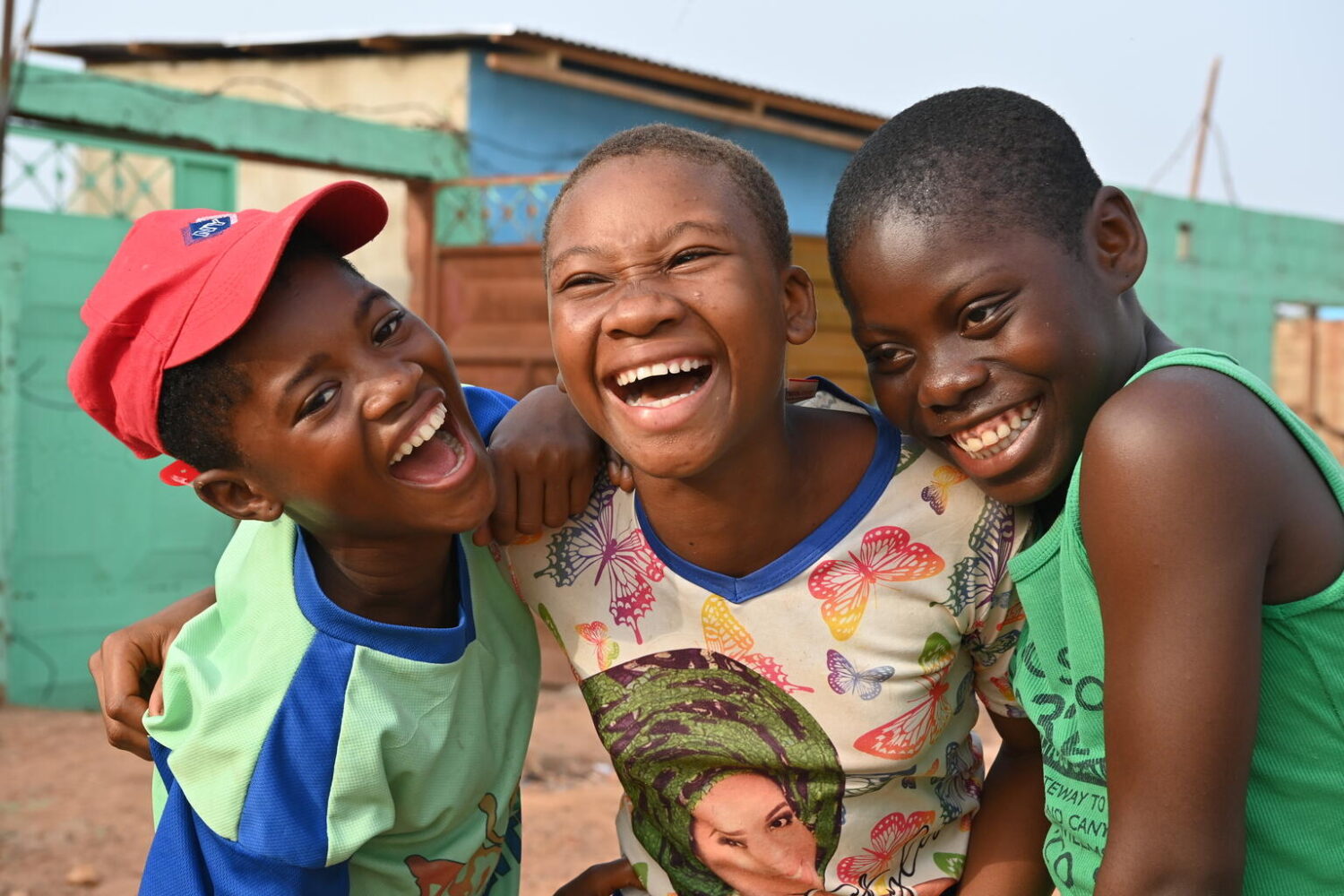
Coronavirus: Over 97 per cent of students still out of classrooms in Latin America and the Caribbean
Coronavirus: Over 97 per cent of students still out of classrooms in Latin America and the Caribbean
PANAMA CITY, 9 November 2020 - More than seven months into the pandemic, the coronavirus is putting education on hold for more than 137 million children in Latin America and the Caribbean according to a new UNICEF report on the devastating impacts of the pandemic on education.
Since the start of the pandemic, children in Latin American and the Caribbean have lost on average four times more days of schooling (174) compared to the rest of the world. In a region with over 11 million cases of COVID-19 to date, most students are at risk of missing out on an entire school year. While schools are gradually reopening in several parts of the world, the vast majority of classrooms are still closed across the region. Over one-third of all countries in Latin America and the Caribbean have yet to set a date for school reopening.
The report also finds that the coronavirus has further widened the education gaps between rich and poor families in Latin America and the Caribbean. New UNICEF data shows that the percentage of children not receiving any form of education across the region has soared dramatically, from 4 to 18 per cent in the past few months. UN projections reveal that the coronavirus may push up to 3 million additional children out of school in Latin America and the Caribbean.
“Across Latin America and the Caribbean, millions of the most vulnerable students may not return to school,” said Bernt Aasen, UNICEF Regional Director, a.i, for Latin America and the Caribbean. “For those without computers, without internet, or even without a place to study, learning from home has become a daunting challenge.”
The education gains earned by Latin America and the Caribbean over the past decades are now at risk of being reversed. The economic impact of this education crisis will be felt for years to come.
Together with partners, UNICEF teams are on the ground working to protect children’s right to learn in every single country across Latin America and the Caribbean. Since the beginning of the school closures, about 42 million students in the region have been receiving UNICEF-supported distance and home-based learning delivered through radio, TV, internet, and other platforms.
However, new UNICEF estimates suggest that despite government efforts, only 1 in 2 children from public schools are accessing quality distance learning at home compared to 3 in 4 children from private schools. Radio, TV and internet education programs should be strengthened to reach students who are less connected to the internet. Before and beyond school reopening, bridging the current digital gap helps build more resilient education systems to withstand potential future crises together with the private sector.
Children at higher risk of dropping out of school, such as girls, migrant children, children from indigenous communities, and children with disabilities should receive special educational support. Economic incentives such as support for tuition fees, school meals or transportation costs should be put in place to encourage parents to send their children to school.
“In Latin America and the Caribbean, COVID-19 has pushed millions of families into poverty,” stressed Mr. Aasen. “Without help, many parents will be left with no choice but to sacrifice their children’s education. It is not too late to build better, more resilient, more inclusive education systems than before the pandemic. Right now, it’s urgent to get children back into schools, guided by public health considerations”
While 1 in 6 schools lack access to water in Latin American and Caribbean, UNICEF calls upon governments to urgently accelerate the preparedness for reopening of schools including installing water, sanitation and hygiene facilities, training teachers and adopting more inclusive learning approaches.
While the epidemiological situation is diverse between and within countries, the reopening of schools must be a priority for governments.
UNICEF urges countries across the region to protect and increase education budgets, with special attention to the needs of the marginalized children most at risk of dropping out of school.
ENDS
Notes to editors:
Please find the full report Education on Hold, here
Multimedia package including HIS, videos and photo, here
- The coronavirus pandemic is the biggest and most urgent global crisis children have faced since World War Two.
- Children’s lives are being upended. Their support systems ripped away, their borders closed, their educations lost, their food supply cut off.
- An additional 6,000 children around the worldcould die every day from preventable causes over the next six months as the coronavirus pandemic weakens health systems and disrupts routine services like vaccinations. That’s one every 15 seconds.
- UNICEF’s “Save Generation Covid” appeal is the largest ever for children in our 73-year history, and we urgently need funds for lifesaving support and services to ensure that children survive this crisis – and thrive beyond it.
- Together we can Save Generation Covid.Visit unicef.uk/donate-generationcovid to donate and help save #generationcovid.
About UNICEF
UNICEF is the world’s leading organisation for children, promoting the rights and wellbeing of every child, in everything we do. Together with our partners, we work in 190 countries and territories to translate that commitment into practical action, focusing special effort on reaching the most vulnerable and excluded children, to the benefit of all children, everywhere.
Unicef UK raises funds to protect children in danger, transform their lives and build a safer world for tomorrow’s children. As a registered charity we raise funds through donations from individuals, organisations and companies and we lobby and campaign to keep children safe. Unicef UK also runs programmes in schools, hospitals and with local authorities in the UK.
Follow UNICEF UK on Twitter, LinkedIn, Facebook and YouTube.
For more information, please contact:
Yemi Lufadeju, +44 20 7375 6199, [email protected]
Unicef UK Media Team, 0207 375 6030, [email protected]


